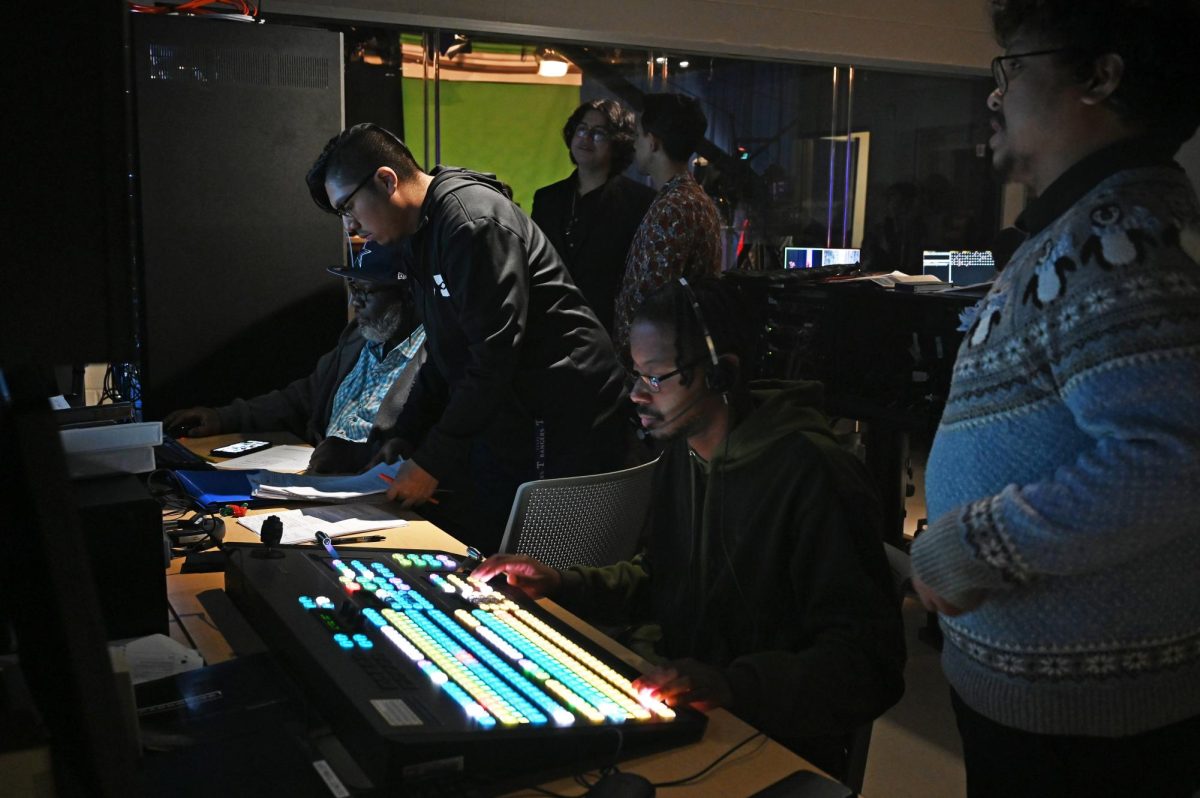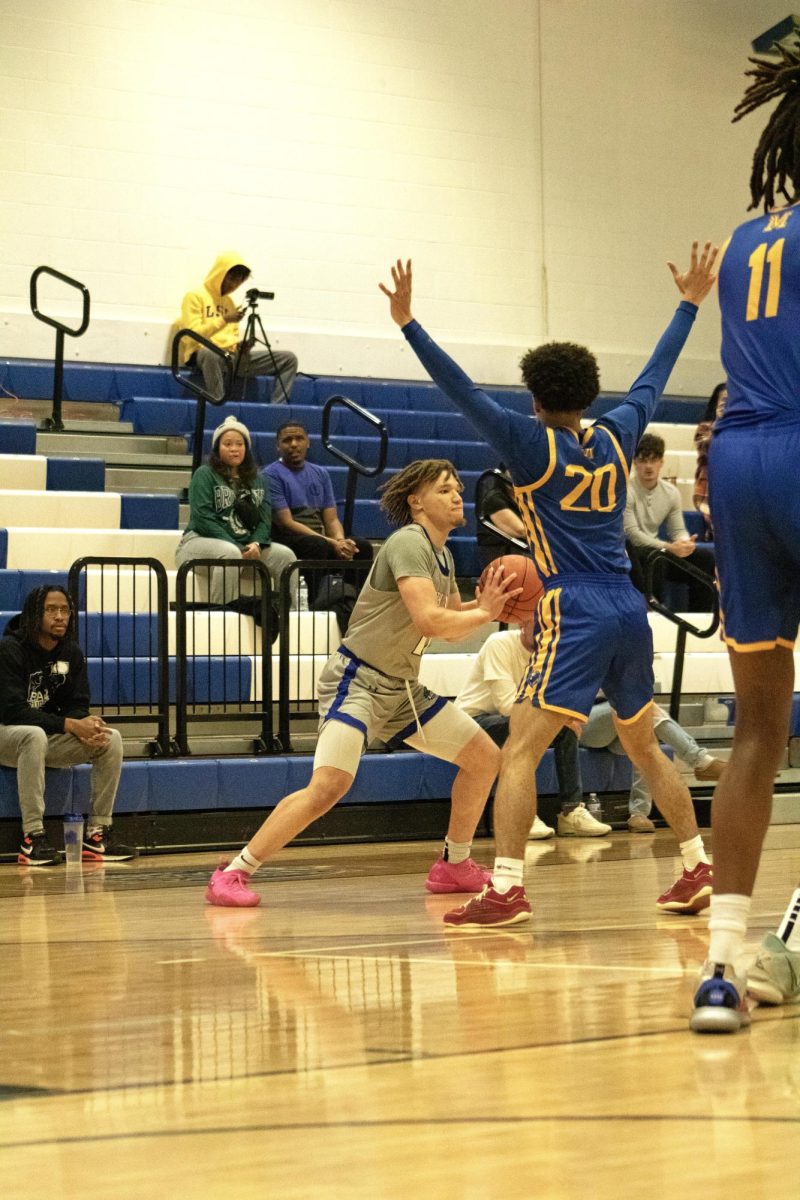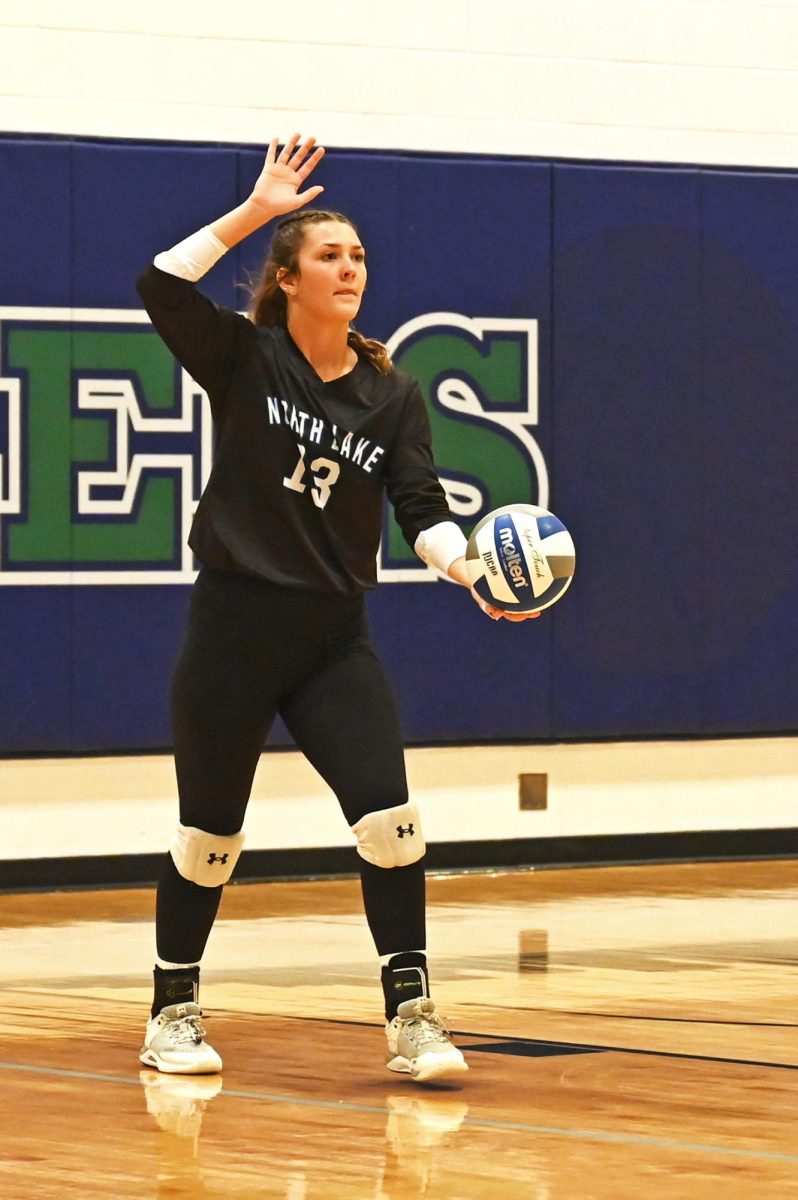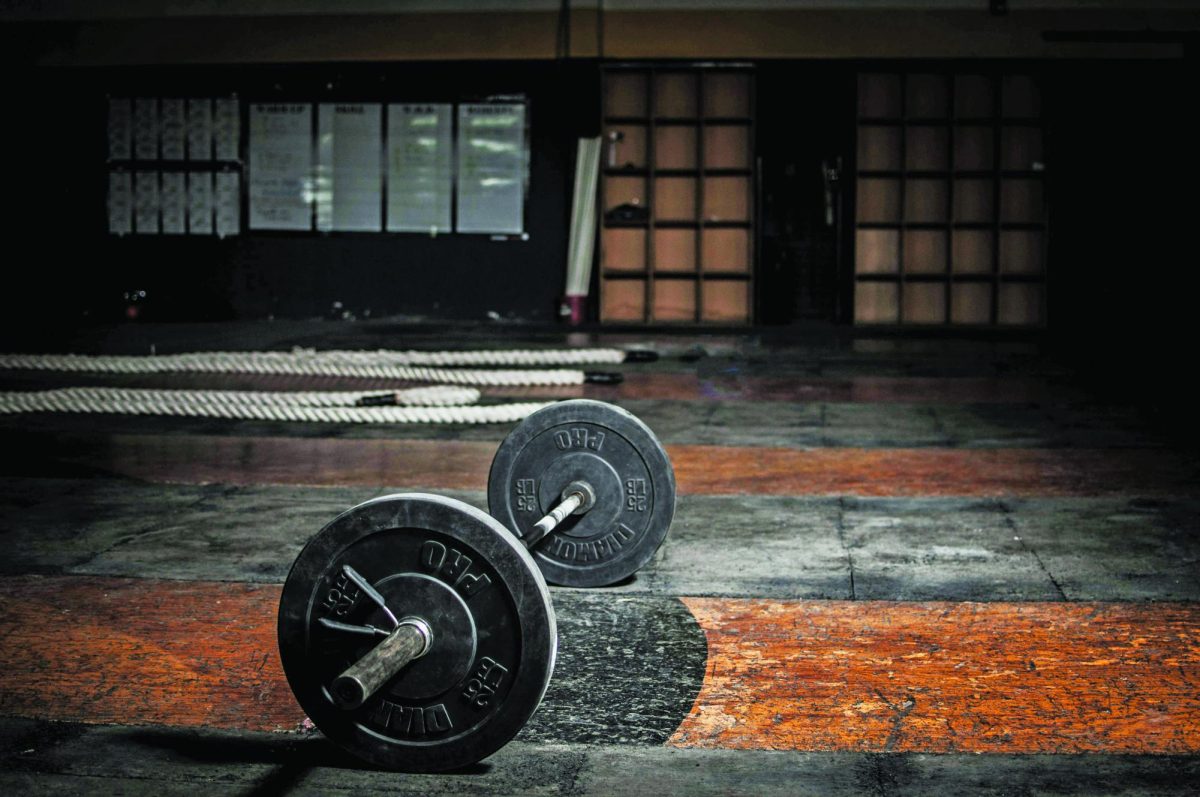As a student, one is always interested to discover how to enhance academic performance. It is important to understand that it takes more than long hours of studying to improve grades.
A students lifestyle can have a significant role in determining immediate and long-term academic performance.Physical activity, particularly exercise, is known to improve academic performance.
It is well known that exercise plays a key role in longevity. This advantage should offer plenty of incentive to get moving.
Research shows that exercise provides several academic benefits worth considering.
Exercising before preparing for tests or engaging in any cognitively demanding task has several benefits, according to Wendy Suzuki, professor of neural science and psychology and dean of New York University. She discovered these immediate, long-term and protective benefits in her research.
One of the most noticeable advantages is the uplifting effect on mood, as physical activity stimulates the release of endorphins, known as the “feel-good” hormones.
Exercise also plays a crucial role in enhancing prefrontal function, contributing to improved executive functions such as decision-making and problem-solving. This improvement not only increases productivity but also helps overall mental acuity, which can benefit students’ ability to focus, recall information they’ve learned and focus during a test.
I have created more digital art and my brainstorming ability has significantly improved since I changed my sedentary lifestyle. My grades have also greatly improved this year.
Exercise also has a positive impact on cognitive-motor response also known as reaction time. It does so by sharpening coordination and actions the central nervous system generates. This type of benefit is relevant for activities requiring precision and quick responses.
Another tremendous benefit for college students is the reduction of stress, anxiety and depression. When people exercise, their heart rate naturally increases which then delivers a quick surge of endorphins. According to a study by JAMA Psychology suggests that if 15 minutes of sitting every day is replaced by some sort of physical activity, the chance of experiencing mental stress is decreased remarkably.
Creativity is a crucial cognitive skill that everybody loves to have. It is equally important in both the academic and work world. Being a creative person can make learning more engaging and effective. It drives success in tests or other ambitious endeavors.
Creativity is built through practice but can also be enhanced with movement. So, if you are having trouble coming up with an essay thesis idea, it will most likely benefit you to get up, walk around, run and then come back to brainstorm ideas.
Whenever I am feeling bored, unmotivated or dull, I do some sort of activity for 10 to 20 seconds at maximum intensity that would increase my heart rate. For instance, jumping jacks, running the stairs at home or mountain climber crunches. This quick burst of activity immediately revitalizes me and sharpens my focus.
There is quite a bit of research that supports the idea that physical fitness boosts creativity. According to a 2013 study by the journal Frontier in Human Neuroscience, reveals that athletes perform better in creativity tests compared to people with sedentary lifestyles. The findings of this study establish a relationship between regular exercise and two main types of thinking: convergent and divergent.
Convergent thinking focuses on finding a single solution to a problem, while divergent thinking explores multiple solutions. These thinking styles are vital not only in academics but also for achieving success in today’s competitive market.
Short-term focus and longterm memory can be improved through increased physical activity. An improved neural activity occurs in the key structure of the brain called the hippocampus, which is critical for students to form and retain long-term memories of facts and events.
Exercise produces brand new brain cells in the hippocampus which is going to increase its volume as well as improve long-term memory. Talk about becoming smart.
The most transformative thing that exercise does to the body is its protective effects on your brain. The common analogy is that the brain is also like a skeletal muscle. The more exercise the brain gets, the bigger and stronger the hippocampus and prefrontal cortex get. So it is important because those two areas of the brain are more susceptible to neurodegenerative diseases and normal cognitive decline in aging.
It is important to note that increased exercise does not cure Alzheimer’s disease or dementia but it helps to delay the effect of those diseases in the long-term. So next time, when you are feeling uncreative, stressed out or burnt out by school and life, give exercise a try. Just know that it may take several months of continuous movement to see the benefits depending on the benefit that you are seeking.
At this point, one might be wondering the minimum amount of exercise to reap all these benefits. The rule of thumb is to go exercise three to four times a week with a minimum of 30-minute sessions and to get aerobic exercises which are known to get your heart rates up. I suggest doing a combination of endurance and resistance training



















